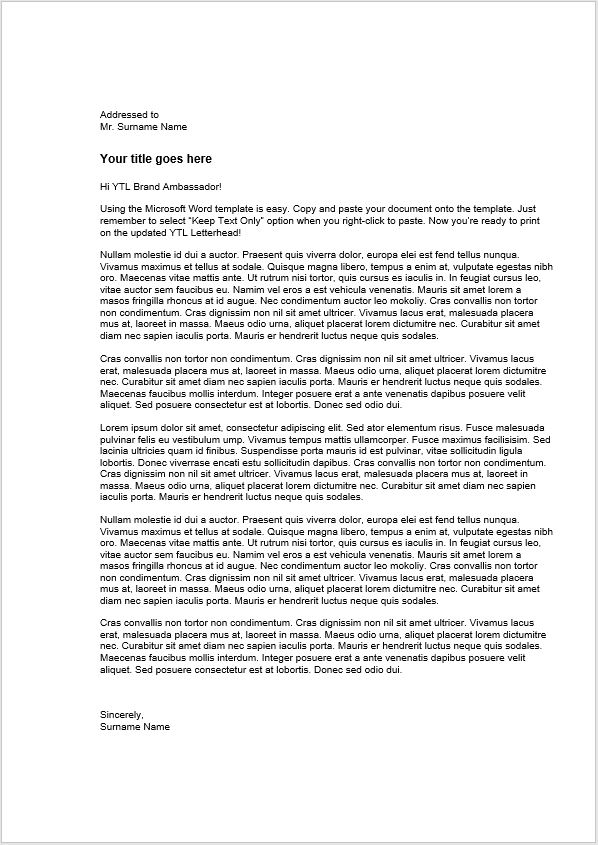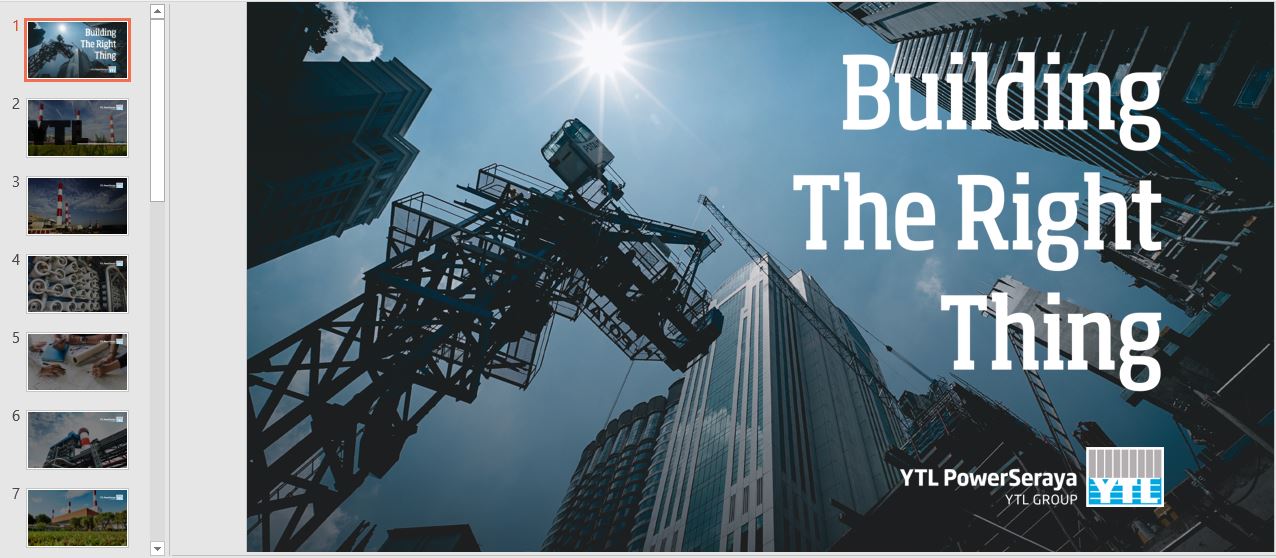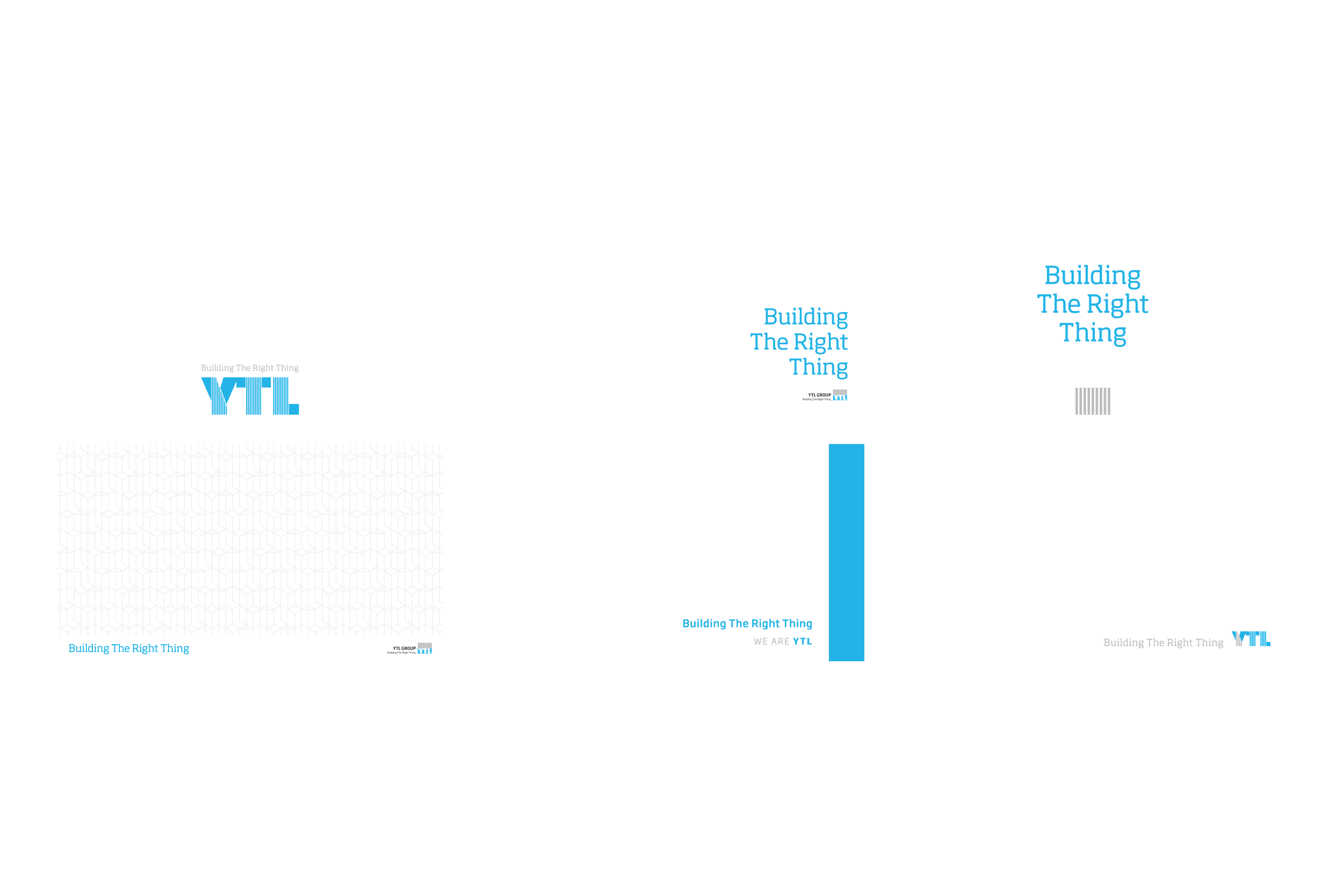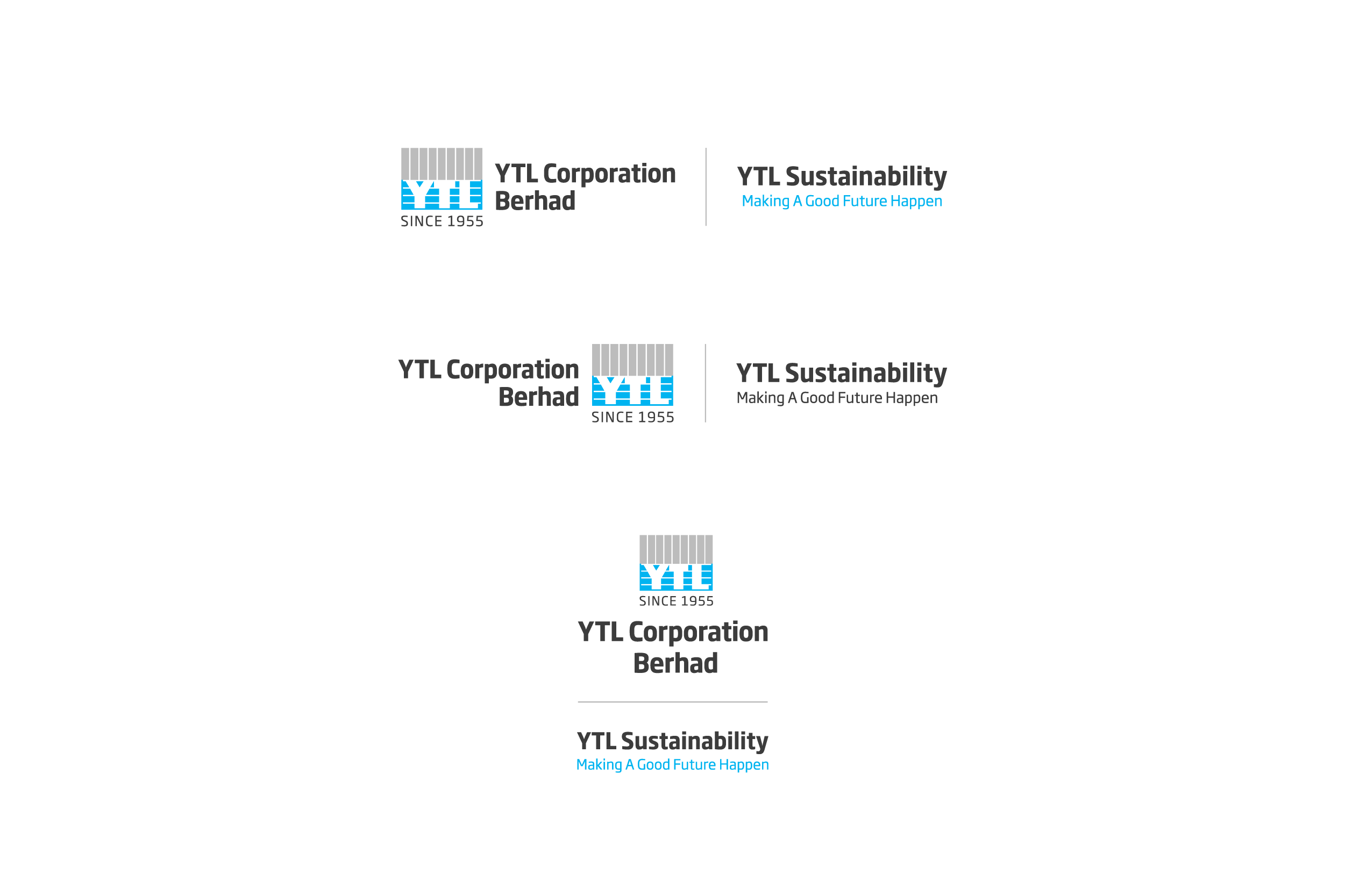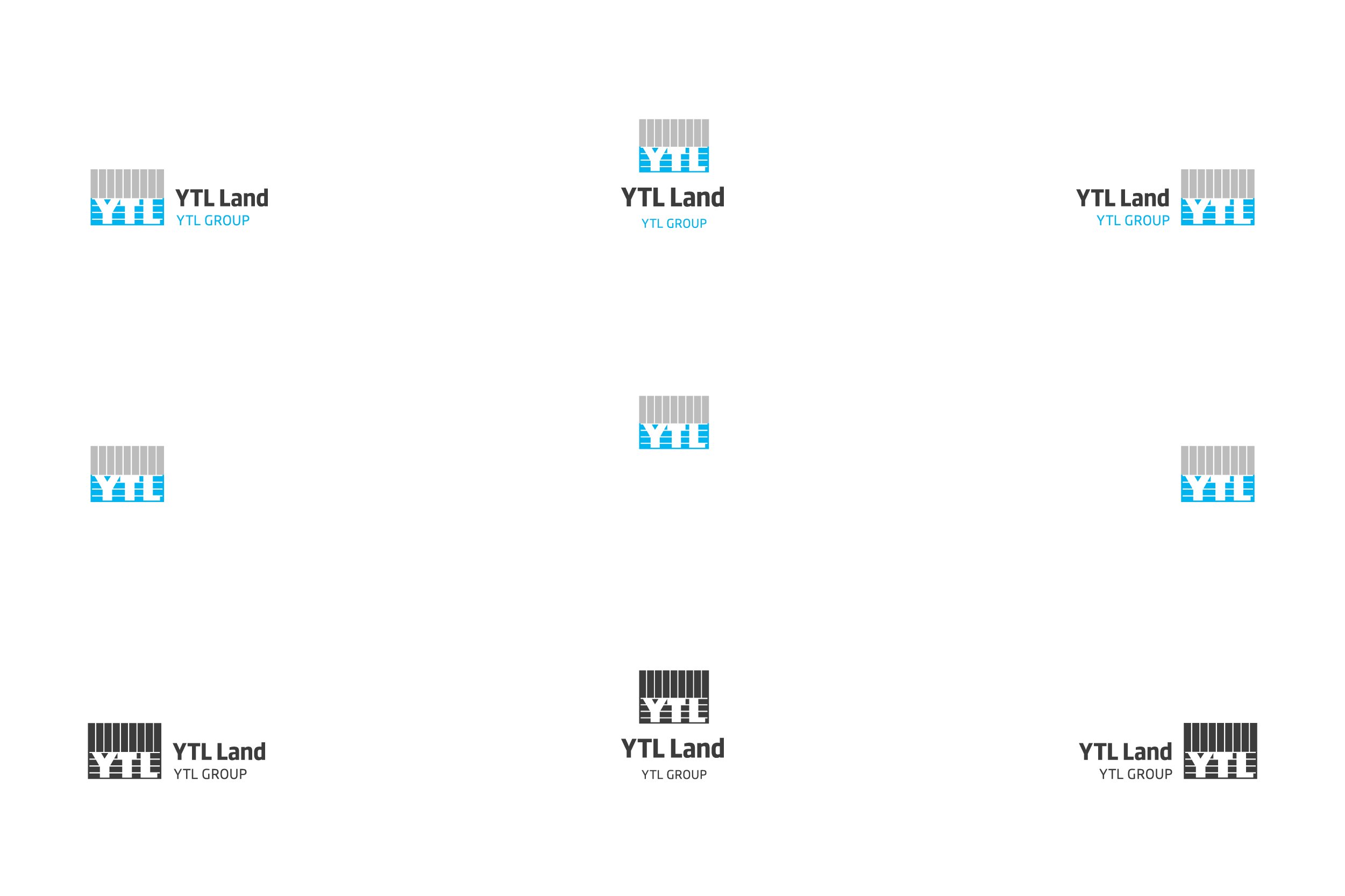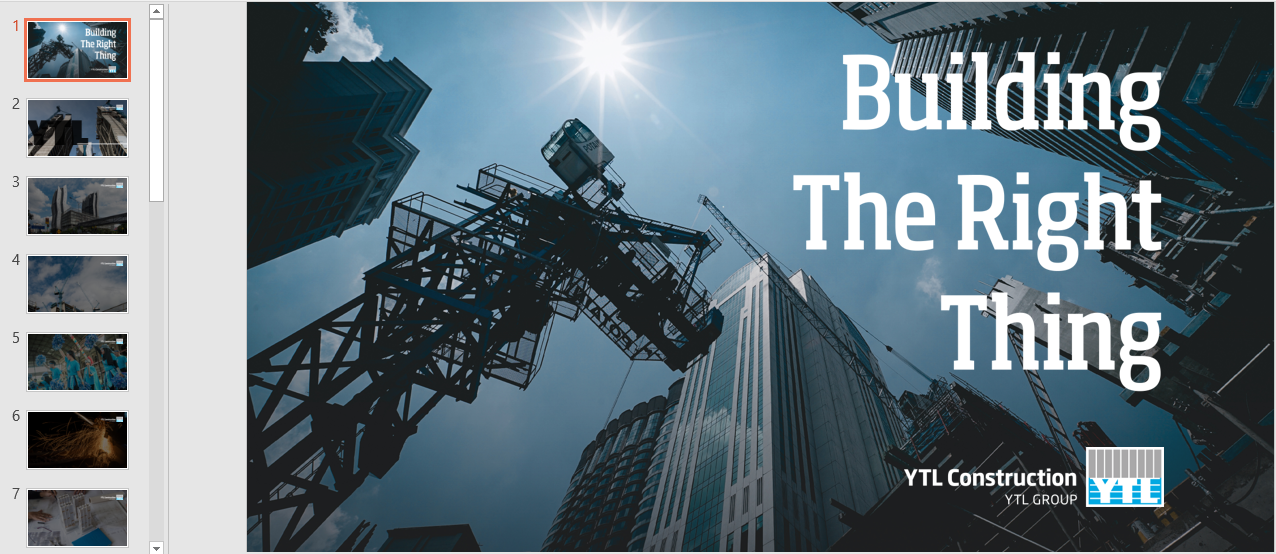by Anishametra Saravanan

In our modern and fast-paced world, it’s easy to feel overwhelmed to meet the demands of people around us while feeling the need to be constantly on the go. With so many responsibilities, commitments, and distractions, it can be challenging to find a moment of peace and calm amidst our busy schedules. However, it’s in these times we need to prioritise our well-being by pacing our thoughts and being mindful of the present.
This is where meditation comes in.
The practice of meditation has been around for thousands of years and is scientifically proven to have numerous benefits for both the mind and body. By taking a few moments to meditate, you can improve your mental and emotional well-being, alleviate stress, increase focus and concentration on the task at hand, ignite your creative spark, and enhance your overall quality of life.
Now, you may be thinking; what do I need to start meditating?
It doesn’t require much! However, it’s easiest to get started knowing these meditation basics:
You only need a few minutes to meditate
A short meditation can be 5 minutes or less. If you feel like that’s not enough, a 10-minute meditation is great for beginners and you can slowly increase your time with practice.
The best time to meditate is whenever you can
It doesn’t matter when (or where) you choose to meditate. Meditation can be done first thing in the morning before your day begins or even before your bedtime. Think of it as a way to reset yourself before your last work meeting or after having your morning cup of coffee. Pick whatever time works best for you and you’re bound to make a routine out of it.

Be prepared for noisy distractions
You don’t need perfect peace and quiet to meditate. In fact, total silence might even be too overwhelming in meditation for beginners as we tend to be extra sensitive to every little sound when things are completely quiet.
Life is rarely ever quiet anyway. Rather than becoming frustrated and focusing on the noise (“Why is my neighbor having a dance party right now at 6 am?”) or trying to tune it out (“I wish this music would stop.”), it serves as a reminder to notice our thought on the situation, let it go, and return to our breath.
Earplugs, noise-canceling headphones, white noise machines, or soothing music are also other great ways to get you started.
Guided meditations for the win
If sitting in silence with your thoughts feel a little intimidating, guided meditations are a great place to start. Guided meditation is led by a teacher who explains what to do as they give you simple cues such as when to open and close your eyes, how to breathe, and break down other meditation techniques.
Since they’re experts on how the mind works, they offer friendly motivation and practical advice beginners typically need, like tips for using what is learned during meditation in our personal and work life. If you’re interested in exploring the different types of guided meditations that are out there, YouTube is an excellent platform to search for them.
It’s all about consistency
Ideally, it’s best to meditate a few times a week or daily. But even completing one meditation can lead to a reduction in mind wandering. We’ll feel more and more benefits the more we practice. Research shows that consistent meditation practices have been shown to reduce the body’s stress response, resulting in less inflammation and decreased risk of conditions such as chronic pain, fatigue and heart disease.
Note: If you plan on making meditation a part of your daily routine and you happen to miss a day or more, it’s okay. You can simply pick up where you left off. Remember, this practice of well-being also values self-compassion and it’s good to be gentle with yourself on the days you miss a session. In the wise words of author Paulo Coelho, “To become really good at anything, you have to practice and repeat, practice and repeat, until the technique becomes intuitive.”
Sources:
Headspace
Forbes Health







